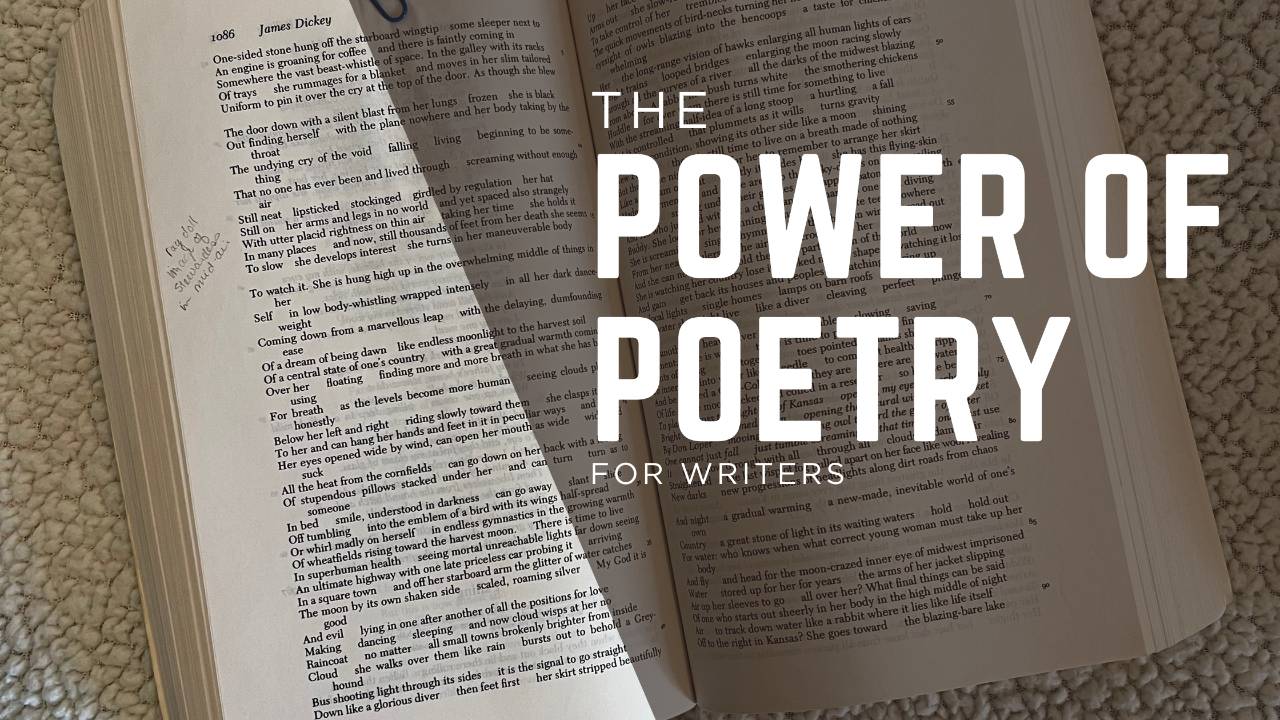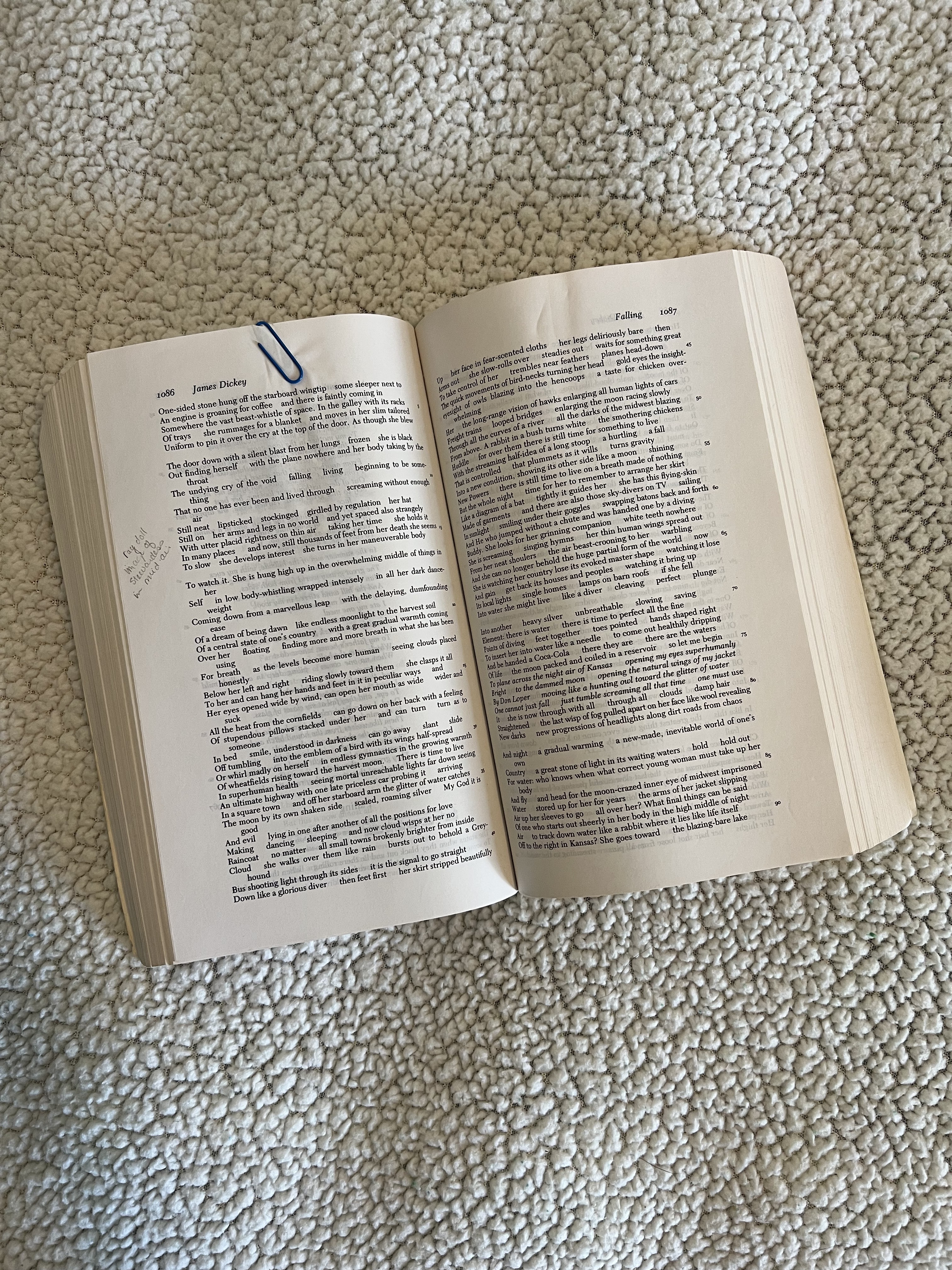The Power of Poetry for Writers: How poetry has shaped my career as a writer, editor, and publisher
Jul 10, 2025
Not many of you know this, but when I was studying for my master’s degree in liberal arts at the University of St. Thomas in Houston, I completed 12 hours in creative writing and poetry. Those courses were some of the best hours I’ve ever spent, because poetry teaches you to listen. It teaches you to notice the sounds of words, the rhythm of language, and the weight of a single, well-chosen image. It gives you a place to practice using vibrant descriptions and to see how much story you can hold in a small space.
Over the years, poetry has made me a sharper editor, a clearer communicator, and a more intentional writer. When you learn to cut a five-line stanza down to three lines, or to trade a vague word for one that lands with impact, you learn to do the same in your emails, articles, and books.
Poetry has taught me to pay attention to the beat of a sentence and the color of a word.
Here are three of my favorite poets.
William Carlos Williams: The Story in Small Things
William Carlos Williams showed me how a poem can feel like a painting in just a few lines. His poem “The Red Wheelbarrow” is a perfect example:
so much depends
upon
a red wheel
barrow
glazed with rain
water
beside the white
chickens.
Every word is simple, but the image stays with you, and you can feel the weight of that rain and the stillness of that moment. It’s a reminder that details matter in writing, no matter what you’re writing.
Raymond Carver: The Mood of Language
Raymond Carver’s poems and short stories taught me about mood and quiet tension. His poem “Late Fragment” is one I come back to often:
And did you get what
you wanted from this life, even so?
I did.
And what did you want?
To call myself beloved, to feel myself
beloved on the earth.
In just a few lines, Carver gives us a lifetime of longing, reflection, and peace. It’s a lesson in what it means to let your words carry emotional weight without adding unnecessary noise.
James Dickey: Falling
James Dickey’s poem “Falling” is mesmerizing and horrifying, and it is a page-turner—something we don’t often say about poetry. It tells the story of a flight attendant who falls from a plane, and the poem captures the terrifying beauty of her final moments:
She is watching her country fall away below her, the fields
In ash-blonde, and the cloud-tops, like a dark river, and the river
Flashing like a blade.
The entire poem can be found on the poetry foundation’s website. It’s a longer poem that reads like a short story. And Dickey’s ability to blend motion, fear, and beauty in one breathless piece is unforgettable, and it reminds me how words can move a reader physically and emotionally.
Reading Poetry Will Make You a Better Writer
You don’t have to be a poet to benefit from reading poetry. If you want to write clear, engaging stories or persuasive copy, or if you want to edit your work with more precision, poetry will train your ear and sharpen your eye. It will teach you to listen, to notice, and to care about every word you put on the page.
And if you want to grow as a writer, try writing a poem. Write it. Then rewrite it. Then play with new word choices. Let it teach you something about rhythm, imagery, and emotion. You’ll find yourself writing with greater clarity and intention—and maybe, you’ll fall a little in love with words again.
One of My Own:
Here’s one of my poems that captures what poetry has meant to me—and what I hope it offers to you:
Texas in August
There is a sense of rage
to this summer,
a white hot burning,
a glaring of the sun,
a stinging of the skin,
an all-consuming violence,
which boils the blood
that trickles across the brow.
Pounding temples
keep time with the punishing
rhythm of a beating heart.
The steely taste lingers
like red Serrano peppers
that burn the tongue,
the lips, the throat.
A hint of burnt grass lingers in the air
as August rages on.

